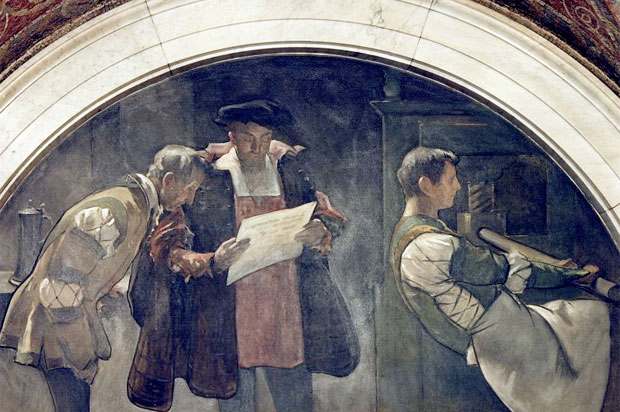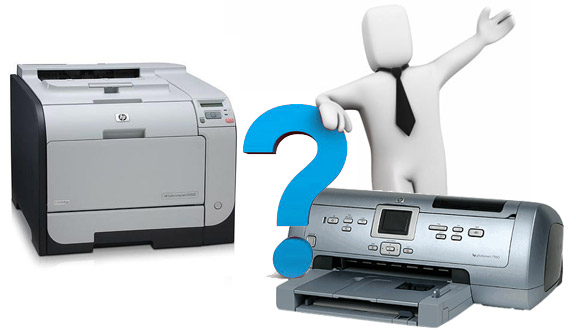It is clearly that the invention of printing technology brought upon an incredible impact upon society. Generally, the first press was thought of as being one of the most dramatic changes in history, as it came along with a great deal of advantages. Communication world-wide was enhanced with Johannes Gutenberg’s invention of the printing press.
However, modern industrial printing and toner manufacturing have become a real polluting issue. Inks used in printing are mostly toxic, containing heavy metals, such as lead or chromium and bring negative effects upon the environment.
Books have reached nowadays a normal size, on the account of Aldus Manutius’ intervention in printing the first small portable book in 1482. The first printed materials contained religious topics and (not ironically) were considerably heavy and large, thus expensive. Thanks to Manutius’ initiative, the portability of books contributed to their accessibility, encouraging the spread of literacy all over the world. As printing was becoming more affordable, the Church was the first to benefits from the idea of pocket book as a way of promoting and maintaining Christianity.
Even though the constant increase in the amount of printed material contributed to the spread of literacy, this aspect also lead to publicly exposing scientific documents that were normally censored by the church. Given the fact that some of the concepts used in science were contradicting a great deal of religious views, society was gradually evolving from a religious seclusion towards a dual attitude. In this sense, Martin Luther establishes the protestant religion and spread his discontent towards the Catholic Church through printed materials.
As a consequence of the Reformation started by Martin Luther, peasants also had their own revolution in order to release themselves from the authority structure of medieval Europe that was supported by the Catholic Church. In an effort to put an end on serfdom, the seizure of common lands and the considerable amount of taxes and rents paid to the nobles, the peasants’ revolts was actually a huge unsuccessful act. As they were unarmed, the peasants failed to face the aristocratic opposition, that allied with the Holy authorities manage cause the death of 100,000 peasants.
Moving from religious matters to more chemical-related ones, inventing the printing press has later brought upon the question of the toxicity of printing inks. It is not necessarily a matter of the substance itself, but more about the volatile fume the ink eliminates into the atmosphere during the printing process.
These vapors can be a significant danger when inhaled and even after disposal, inks continue to be an issue. More recent studies have discovered that some of the chemicals used in printing can cause respiratory allergies that can lead to critical respiratory issues in the future. Workers are mostly exposed to these threats, and for their safety, most printing companies have a strict rule on wearing protective gloves and masks when dealing with chemicals. Other firms in the field have replaced the well-known dangerous inks with environmentally friendly ones that usually contain vegetable oils.








